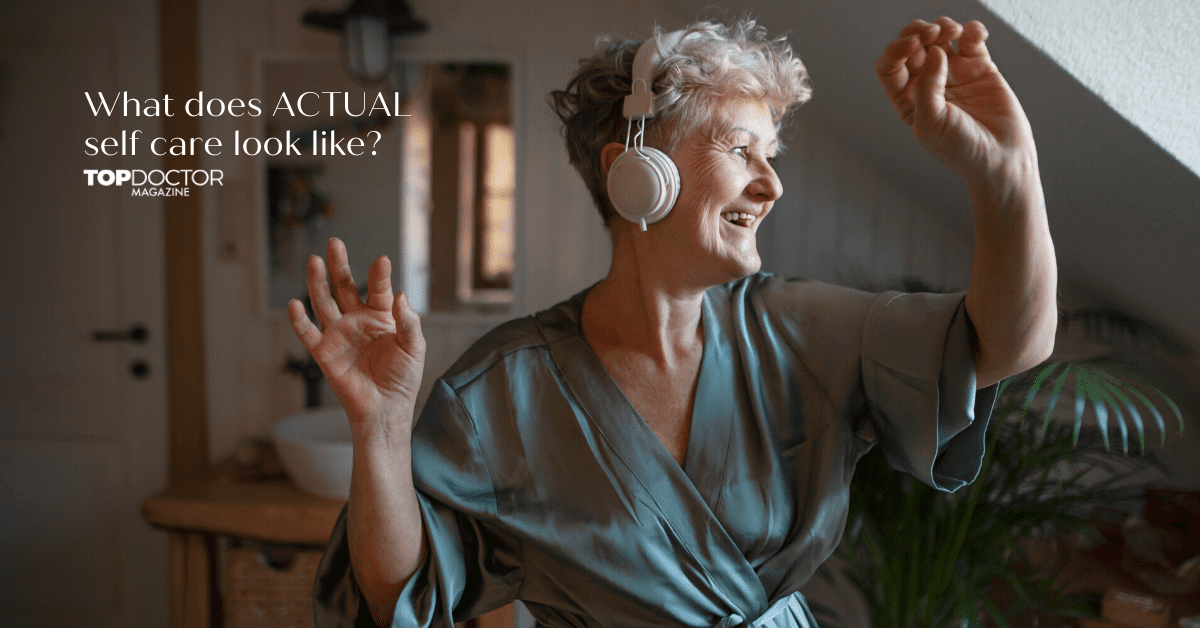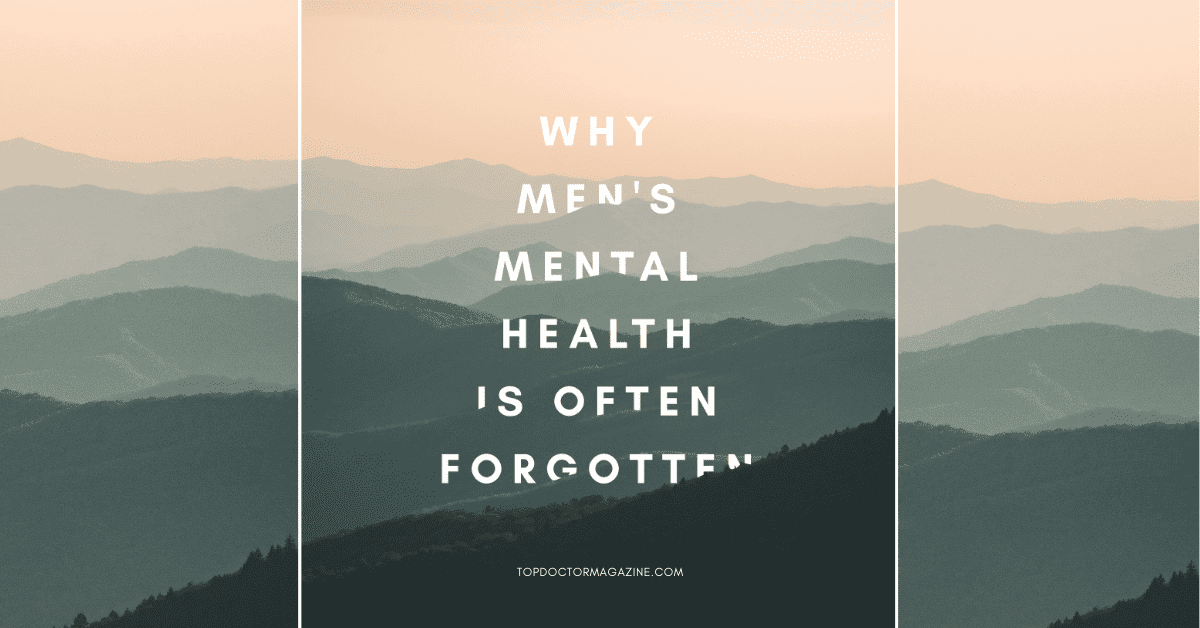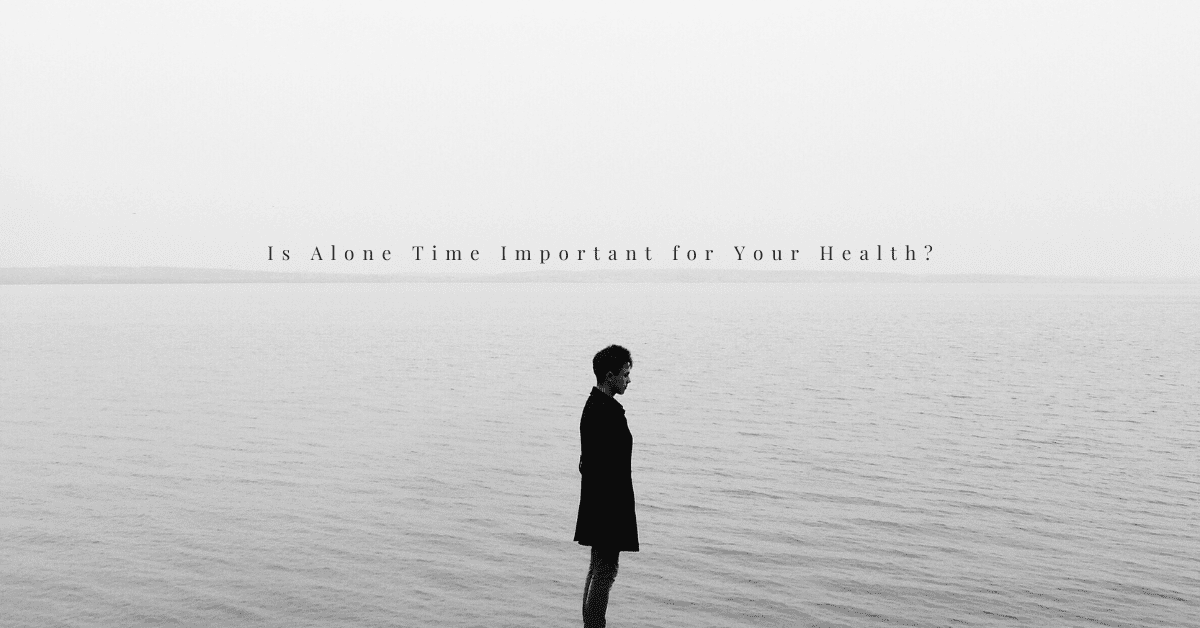Since the mental health fallout of COVID-19, the concept of self-care has been all the craze. Many people experienced a notable downturn in their overall mental health after being deprived of their usual routine of work, leisure time and socialization. According to the World Health Organization (WHO), the anxiety and depression prevalence rate rose by 25% due to the mental health detriments of the pandemic.
In response to the widespread emotional distress, self-care emerged as an accessible, affordable and actionable way for individuals to improve their mental health. Some sources estimate that searches around self-care rose by as much as 250% during the pandemic.
The jury was and still is out on self-care, with its advocates praising its ability to mitigate mental health symptoms, while critics claim that self-administered efforts to improve one’s mental well-being are often insufficient.
To fully appreciate self-care’s benefits, one first needs to consider what actual-self care is and in what contexts it is useful.
What Does Self-Care Mean?
Self-care refers to any actions or attempts an individual performs toward improving their physical, mental and emotional well-being.
One usually considers active measures such as regular exercise or a thought-out hygiene regimen when discussing self-care. However, self-care also includes passive measures such as avoiding harmful behaviors, paying attention to well-being indicators and monitoring one’s conduct, ensuring that it does not become detrimental and toxic.
Self-care does not refer to an over-indulgence in leisure activities, unreasonable prioritization of oneself over others and the neglect of social activities that lead to counterproductive isolation.
Actual self-care is also not a replacement for mental health treatment administered by professionals in an appropriate setting. For those with severe mental health disorders or those who do not experience symptom amelioration after trying self-care, seeking professional help is essential to preserving well-being and safety.
Why Is Self-Care Important?
Modern society is hyper-focused on material and career-based success, with these pursuits often usurping everything else in terms of importance. The result of this phenomenon is that after factoring in familial and social responsibilities, neglecting one’s well-being becomes increasingly likely.
Self-care is an effort to return focus and energy to one’s physical, mental and emotional health. Doing so is vital because an individual may become incapacitated in some way if they neglect their welfare. Consequently, the individual in question will no longer be able to effectively fulfill their work and home responsibilities.
What Are the Types of Self-Care?
Depending on one’s circumstances and context, various types of self-care can effectively improve their quality of life.
Self-Care Activities
Various activities constitute self-care. For many, exercise is a self-care pursuit of choice. Being active can produce “a natural high” caused by the release of the neurotransmitters (i.e., nervous system communication molecules) dopamine and serotonin. Dopamine is involved in regulating motivation, while serotonin regulates mood. Exercise can also help relieve stress, improve blood flow, increase sleep quality and boost energy.
Yoga is a prevalent self-care exercise due to its dual benefits of practicing and improving physical and mental well-being.
Other forms of active self-care include:
- Stimulating one’s creative side through art.
- Sharpening cognitive abilities with problem-solving games.
- Making time to clean and pamper oneself thoroughly.
- Adorning the space which one inhabits.
Passive Self-Care
You can also achieve self-care by avoiding harmful behaviors and upholding commitments to improve well-being. For example, sticking to a plan or checklist through prioritization is a form of self-care.
You can also honor these kinds of commitments by not overspending on luxuries, not indulging in unhealthy foods, reducing alcohol consumption and avoiding the company of members of toxic social dynamics.
Honoring boundaries set with colleagues, superiors at work, family and friends is also a form of self-care since it entails putting yourself first.
What Self-Care Is Not
Self-care is not a philosophy of abundance and indulgence but one to mitigate burnout and improve longevity.
Self-Care Is Not Over-Indulgence
Creating time for recharging and fulfilling activities and pursuits is starkly different from eating your favorite chocolate until you feel ill. Giving into the whims of instant gratification and craving temporary but sustainably ineffective solutions is not self-care. Self-care is a crucial part of maintaining and nourishing one’s overall well-being, not a reward for meeting the responsibilities of life.
Self-Care Is Not Selfishness
While setting and maintaining reasonable boundaries is a fundamental facet of self-care, being selfish and neglecting one’s responsibilities is not.
Self-care is preserving your energy and well-being so you can be the best possible version of yourself. It means holding a productive role in your community, family and other social settings. For those with dependents, the protection and hardiness cultured by self-care allow them to care and provide to their fullest.
Self-Care Does Not Require Anything Grand
Taking care of oneself does not inherently require grand measures. An individual does not need to book a weekend away at a five-star spa to enter the following week healthy, well-rested and focused.
Small and actionable initiatives such as reading a book, going for a walk in the park or getting extra sleep are adequate weekend self-care endeavors.
Anything that sustainably improves your overall well-being without being detrimental to your life can be considered self-care, such as:
- Reconnecting with a relative or friend
- Taking the plunge on a pet project
- Meditating for just five minutes per day
Transform Yourself With Effective, Intentional Self-Care
When used in the correct context, self-care is a powerful tool that can rejuvenate you from the point of burnout and build up your resilience and well-being to endure future hardships. Recognizing that self-care has its place and is not a magic bullet for all the disorders of the mind, ensures that one does not fall into complacency, remains safe and seeks professional help when necessary. Cultivating a true and accurate understanding of self-care can maximize its usefulness.






0 Comments